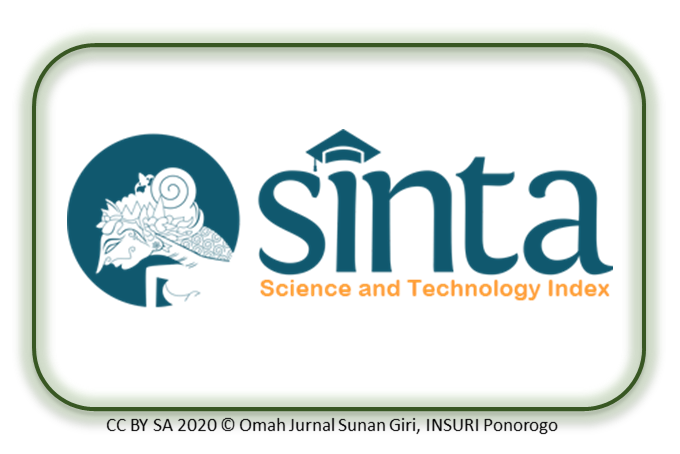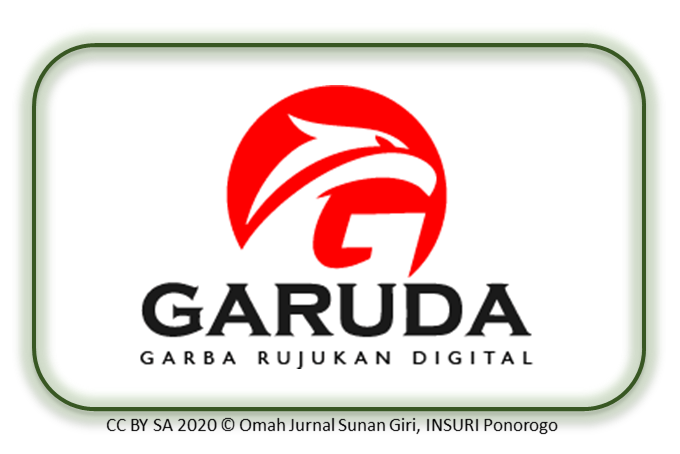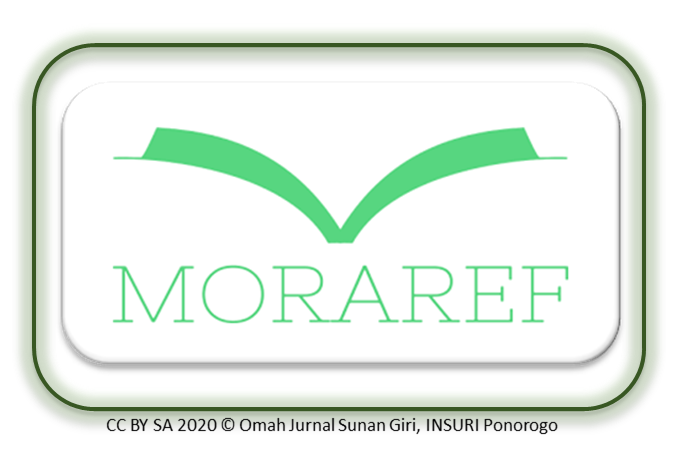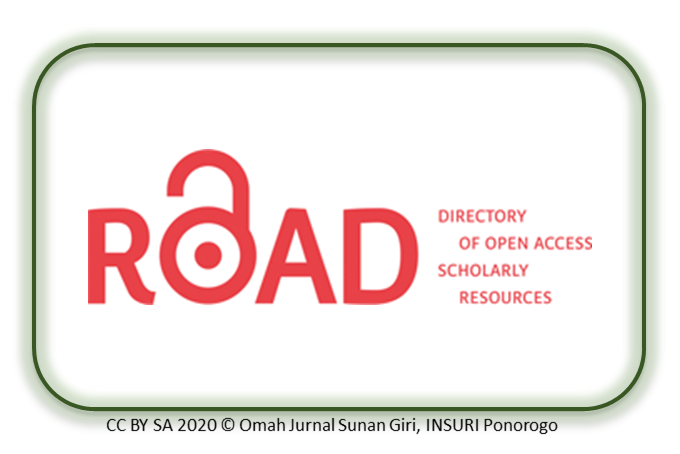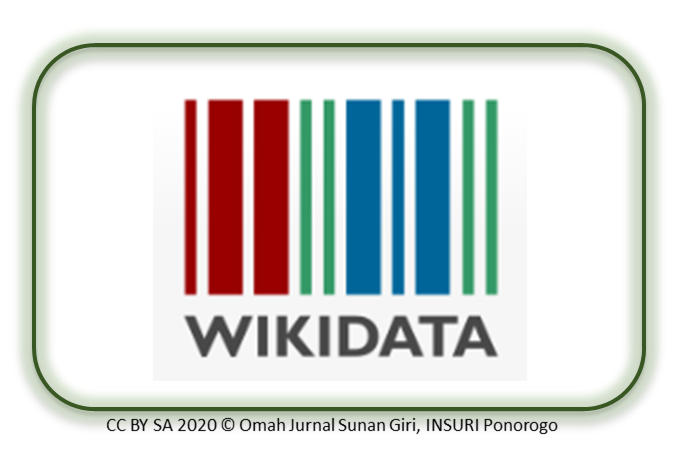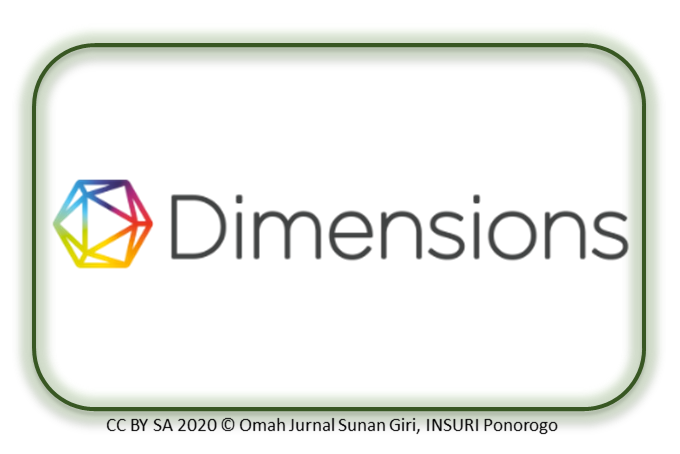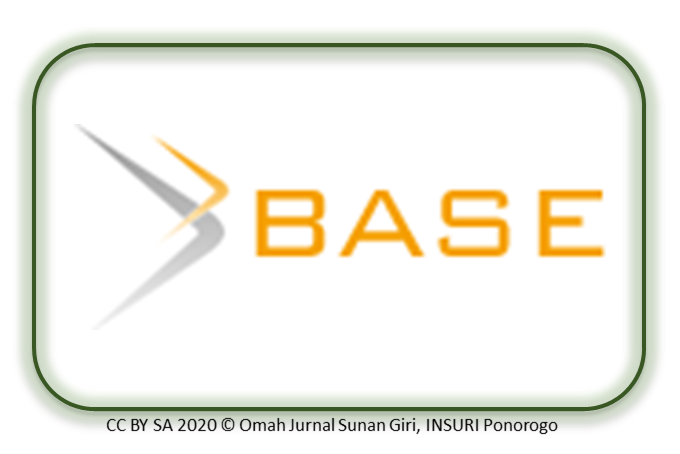Konsumsi Musiman Masyarakat Pesisir Pantai Muncar Banyuwangi dalam Membangun Ketahanan Ekonomi Keluarga
Abstract
Muncar coastal communities are a group of people who live in coastal areas and their economic livelihood depends directly on the use of marine and coastal resources. The condition of fish is decreasing every year. Such conditions affect the economic condition of the fishing community, especially during the fish famine season. In order to support the economic, educational, and social needs of the community, the Muncar fishing community has made seasonal consumption patterns as a solution to maintain the family economy. The data collection method uses interviews, observations, and documentation. The data analysis method uses data reduction, data display, and drawing conclusions through approaching the social construction theory of Peter L. Berger and Thomas Luckmann. This study produced conclusions: first, seasonal consumption patterns are in line with the activity of spending fish catches on valuable goods, such as motorcycles, jewelry, household furniture including stoves, refrigerators, TVs and others during the fishing season in the context of long-term investment., second, the Muncar fishing community spends the proceeds of fishing on valuable goods and resells them when needed. And third, seasonal consumption patterns have been proven successful in preserving the existence of society in the form of family harmony. With seasonal consumption patterns, fishermen can meet the needs of family, education, and social society. Their success in preserving existence can be seen in their success in meeting the needs of children's education costs up to college.Copyright (c) 2025 Fawait Syaiful Rahman

This work is licensed under a Creative Commons Attribution-NonCommercial-ShareAlike 4.0 International License.
Contents on this site are licensed under Creative Commons Attribution-NonCommercial-ShareAlike 4.0 International (CC BY-NC-SA 4.0)

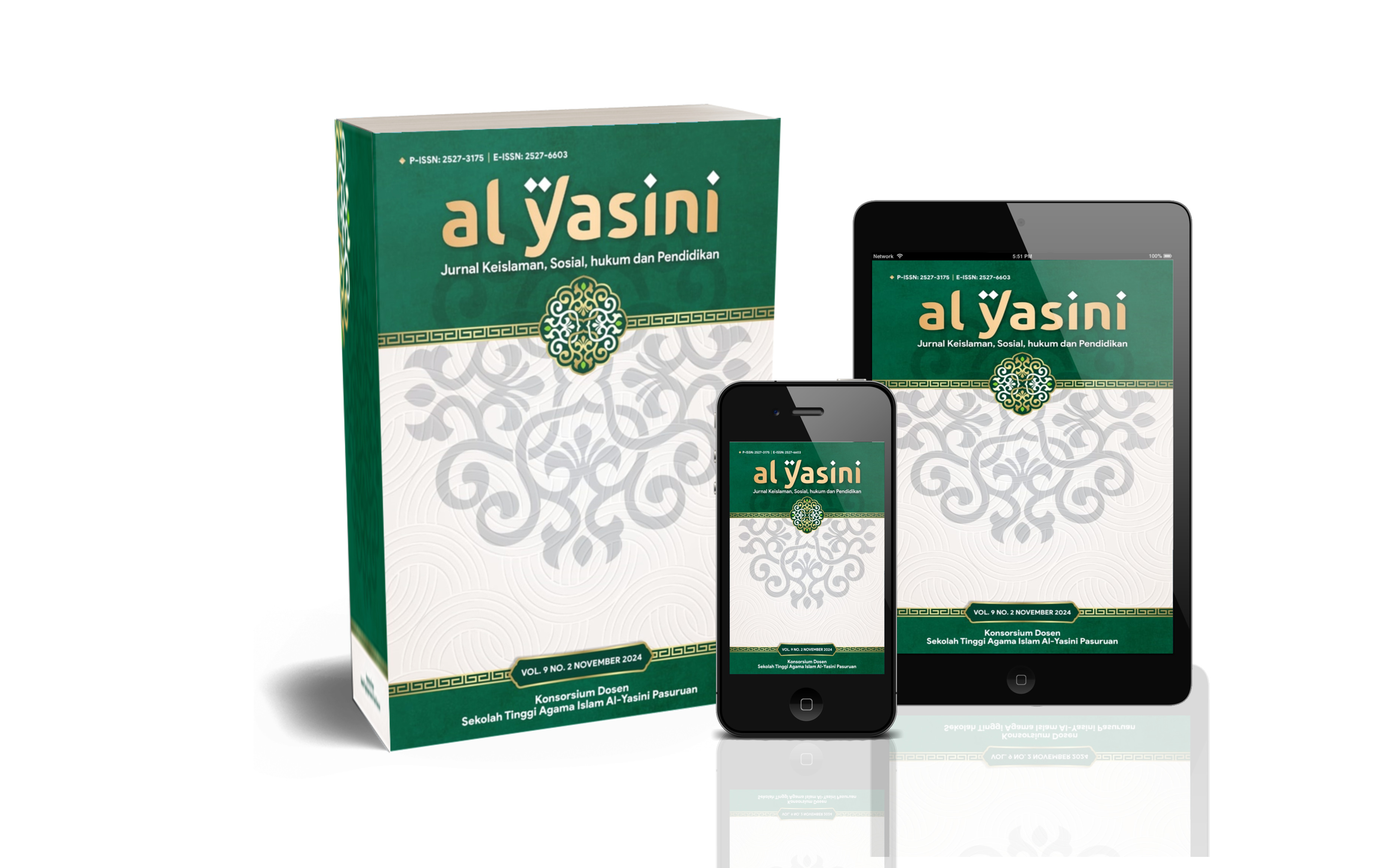

1.png)

